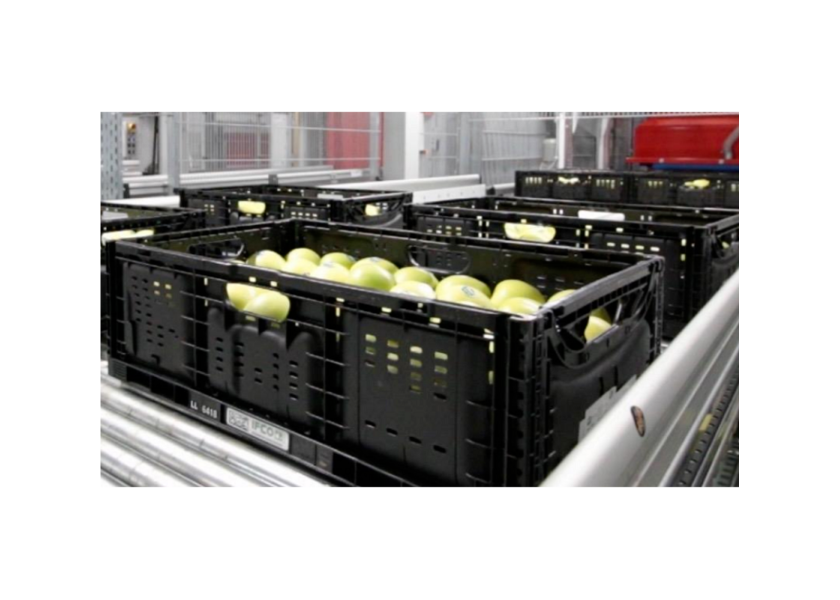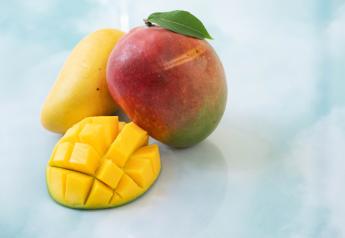Wakefern moves to RPCs for produce

Keasbey, N.J.-based Wakefern Food Corp. has upped its commitment to reusable plastic containers (RPCs).
Wakefern, the largest retailer-owned grocery cooperative in the U.S. with 280 ShopRite stores, said in a news release that it is adopting the latest in RPCs in its produce department to help improve quality, sustainability, and lower costs for customers.
“Adopting reusable RPCs is a win for our customers, our suppliers, the environment and Wakefern,” Robert Zuehlke, manager of corporate social responsibility for Wakefern, said in the release. “Wakefern is focused on engaging vendors whose products help drive a more sustainable future by reducing the environmental impacts of packaging, food waste, and greenhouse gas emissions.”
Wakefern is partnering with companies such as IFCO and Tosca that specialize in RPCs, the release said, to maximize supply chain efficiency through better product protection and temperature control.
RPC containers save time, space and money for shippers and allow for improved freshness with highly ventilated, foldable and sturdy designs, according to the release. In addition, RPCs allow produce to be better stored and handled in warehouses through efficient stacking and integration with automated processes, reducing potential food loss and waste from conventional single-use packaging, according to the release.
When compared to single-use packaging RPCs are shown to generate less carbon dioxide and solid waste, and the release said they also require less energy and use less water than their single-use counterparts.
In fact, according to the Plastics Industry Association, making new products with recycled plastics, not just RPCs, requires 66% less energy than using raw plastic materials.
The release said the commitment to RPCs expands on Wakefern’s food loss prevention and food waste diversion practices.
According to the company, Wakefern donated over 5,000 tons of food to local food banks, composted more than 8,200 tons of food waste, and since the late 1970’s has recycled more than 2.6 million tons of materials.
For more information on Wakefern’s sustainability efforts, visit https://shop.shoprite.com/sustainability.
The move by Wakefern came several months after Walmart and IFCO announced the completion of a multi-year business agreement that will expand the retailer’s use of IFCO RPCs and make IFCO Walmart’s exclusive RPC packaging provider for select fresh fruits and vegetables distributed in the U.S.
Under the seven-year agreement, IFCO and Walmart will build upon their longstanding collaboration, which launched in 1998 when the two companies joined forces to introduce reusable packaging in the U.S. Walmart suppliers will deliver their produce to Walmart locations using IFCO RPCs, according to the companies. Each RPC will be retrieved after each use and cleaned, washed, sanitized and wrapped before being used again. IFCO RPCs are used up to 100 times before being reground into new RPCs, according to the release.
"Our new agreement with IFCO helps us deliver on that promise by creating a fresh food supply chain that is more efficient and more sustainable from beginning to end,” Martin Mundo, Walmart senior vice president of produce & GPS, said in the release earlier this year.







